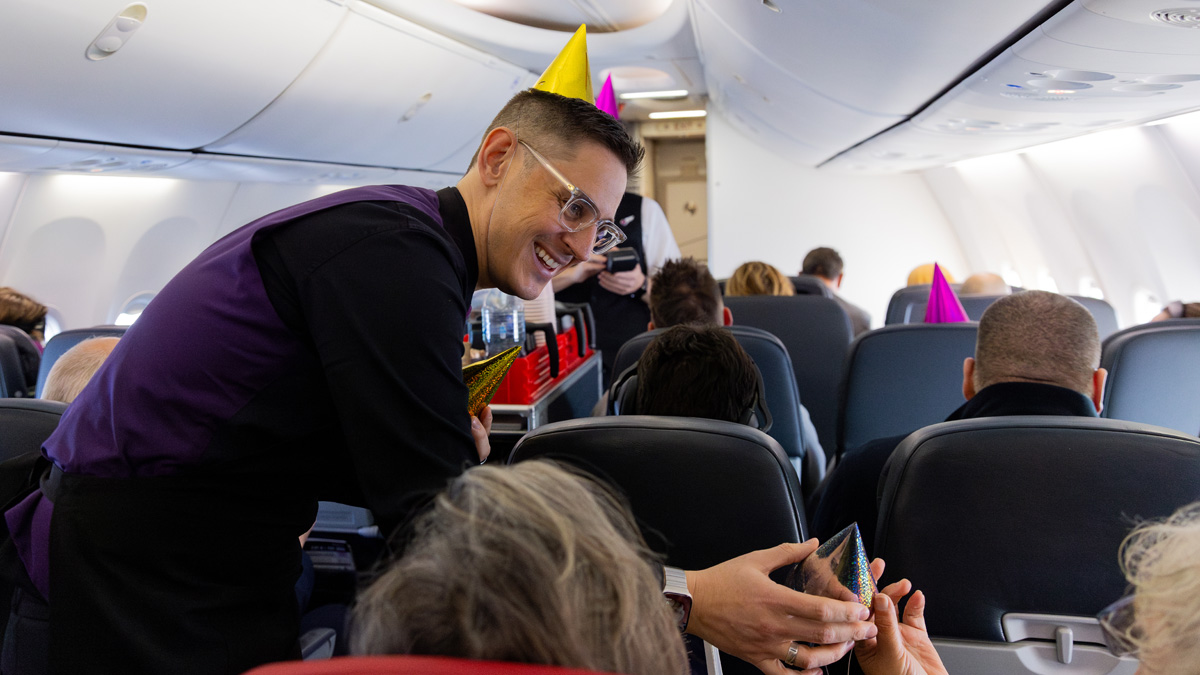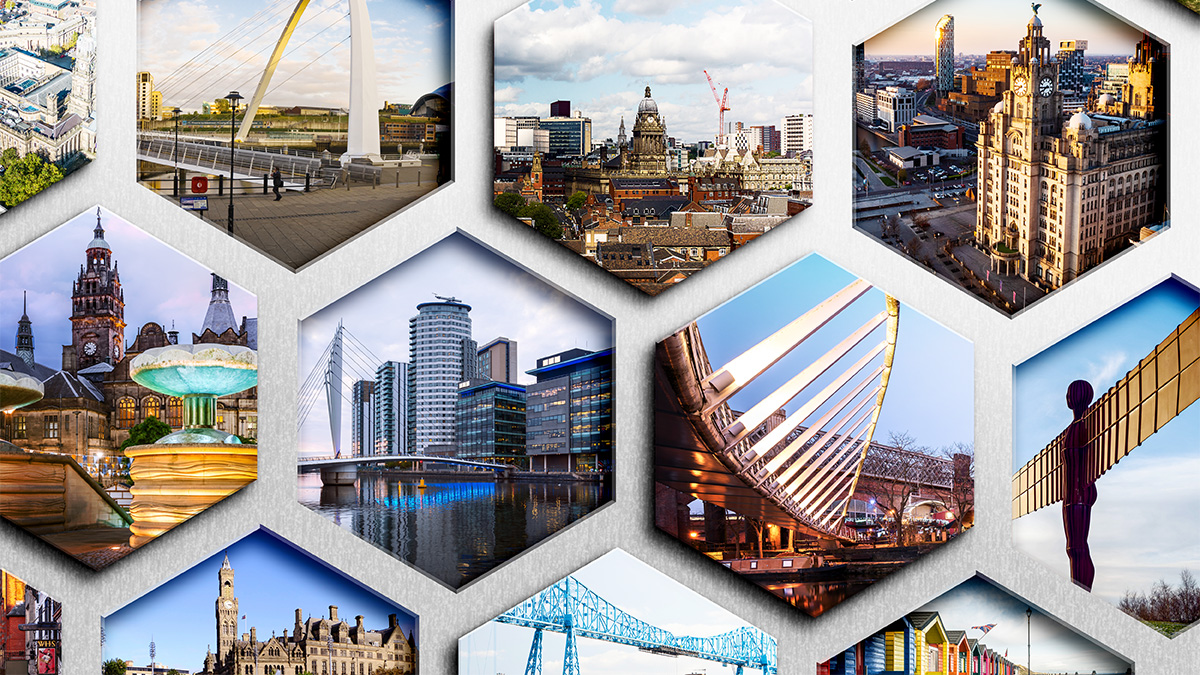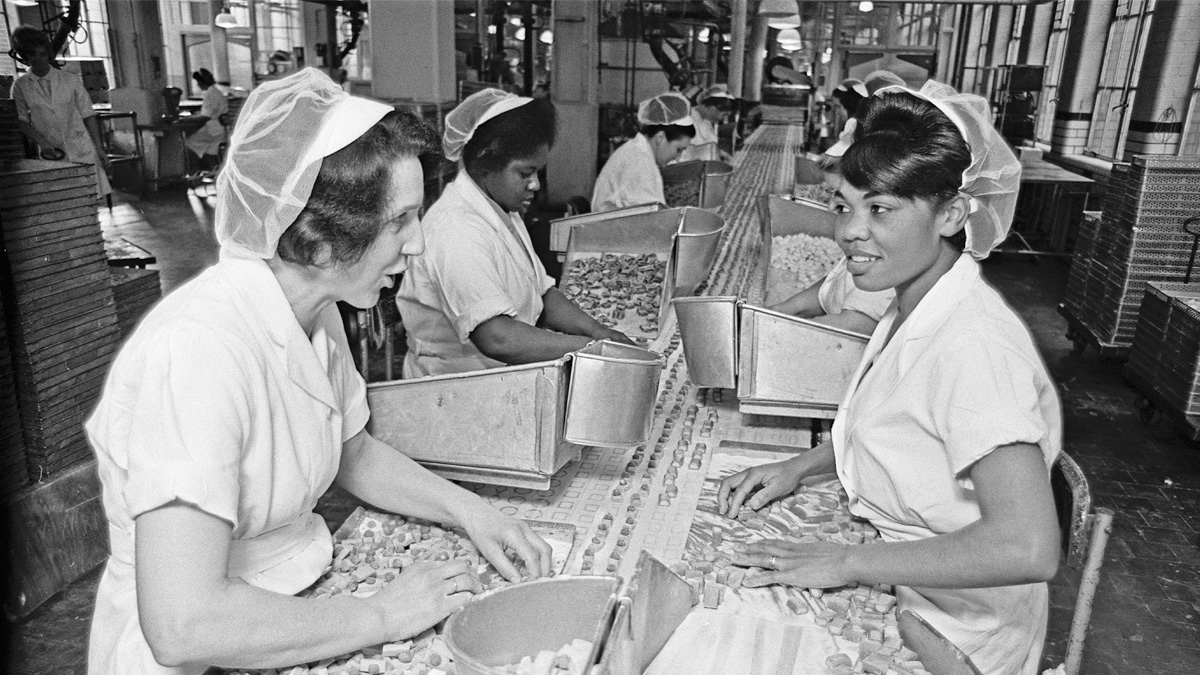Sir Keir Starmer believes that this can be his moment. As the prime minister attempts to navigate the tempestuous waters of a full-blooded global trade war, those around him say he is purposeful, rational and calm.
They argue that his background as a lawyer makes him well-suited to responding to the unfolding economic crisis that Donald Trump has created. What he will not do, at any cost, is meet fire with fire.
His approach to dealing with Trump remains the same: to treat him with
deference and respect, to play the ball and not the man. While Starmer has been
clear that he opposes tariffs and believes in free trade, that is as far as he
has been willing to go.
He rarely refers to the man behind the unfolding chaos directly. Some Cabinet ministers have compared the collective omerta around mentioning Trump to Voldemort, the villain in the Harry Potter books who generates such fear that he is known as “He who must not be named”.
As the world's economic superpowers erect ever higher trade barriers, Starmer has chosen to take a different path. The relative size of the UK economy means that retaliatory tariffs would have little impact on the US, other than to provoke Trump further.
Starmer insists that all options are on the table and is consulting with
businesses about potential retaliatory tariffs on more than 8,000 products. But
every FTSE 100 company that has contacted the government has been categorical
that retaliating against the US will only serve to make matters worse. Those
around Starmer say that the talk of retaliatory tariffs is effectively for
show.
The prime minister’s approach is simple: to prioritise an economic deal with
the US at all costs that he hopes will reduce, or even remove entirely, tariffs
on the UK. Under the measures announced by Trump, the UK faces a 10 per cent
across-the-board tariff on exports to the US, with 25 per cent tariffs on
steel, aluminium and cars.
So far, there is no evidence that the UK is receiving preferential treatment.
The tariffs appeared to have been calculated using an arbitrary formula on the
balance of trade with the US.
It means that the UK is now facing the same level of tariffs as Congo, Brazil
and an Antarctic Island that is so inhospitable that penguins and seals live
there.
There was initially hope in No 10 when Trump announced a 90-day pause on
tariffs in a slightly incoherent message on social media. But once the dust had
settled it became clear that it meant no change for the UK, with the current
tariffs remaining.
Starmer is hopeful that a deal can be concluded by the end of the month. The
broad terms of an agreement were already in place before Trump announced his
global trade war on April 2.
The UK is prepared to overhaul the digital services tax, which predominantly
hits Silicon Valley giants, and to reduce tariffs on agricultural imports from
the US. There will also be closer alignment on artificial intelligence and
technology.
But there are concerns that Trump will now come back for more. Senior figures
in his administration are already talking about an issue that has long been one
of Trump’s bugbears – the UK’s refusal to accept chlorine-washed chicken or
hormone-treated beef. The issue became a big row during Trump’s first term in
office.
Starmer appears to have learnt from the mistakes of his predecessors and has
made clear that any change in animal welfare or food hygiene standards is off
the table. But Trump’s leverage has increased significantly, a situation that
the US president appears to be revelling in. He has even resorted to mocking
other world leaders, comparing them to Oliver Twist. “Please sir, make a deal,
I’ll do anything sir,” he joked to Republicans recently.
There is also a question of how far Trump is willing to go. Senior allies have
said that the 10 per cent tariffs are now a “baseline” and suggested that the
president is highly unlikely to go below that threshold. For Starmer that
presents a significant issue. Economists believe a uniform tariff of 10 per
cent could represent a 0.6 per cent hit to Britain’s GDP.
For all the challenges, Starmer believes there is an opportunity – for him and
for Britain. If he is successful in reducing tariffs, he hopes that the UK can
become an investment destination with strong ties to both the US and the EU.
On a personal level the prime minister also believes that the international stage could change his political fortunes. Having seen his poll ratings plummet since entering office, there is evidence that voters approve of his handling of Trump’s trade war.
The prime minister now hopes to use the crisis to galvanise his domestic
agenda. Starmer has made a series of announcements since April including
relaxing the transition to electric vehicles for car manufacturers and plans
for a new theme park in Bedfordshire. A drumbeat of further announcements is
coming, including approval for a new nuclear power station and further
overhauls to planning reforms.
The challenge is that the fiscal outlook is bleak. The chancellor’s headroom –
the cushion she had left after the Spring Statement – is likely to evaporate
because of the impact of tariffs on economic growth. Economists say that it is
now inevitable that Rachel Reeves will have to come back with more tax rises
and deeper spending cuts in the Budget this autumn.
For an unpopular prime minister, that presents an inherent political problem.
Starmer came into office promising to make people better off. There is a
significant risk that Trump’s trade war leaves them permanently poorer.
Such is the strength of the global headwinds – and the UK’s inherent
vulnerability as an open trading nation – that Starmer’s options are severely
limited. The prime minister’s hopes now lie in the hands of a highly capricious
US president.
Related and recommended

Rohan Blacker looks back at his time with e-commerce pioneer Sofa.com and explains the thinking behind his latest online furniture project

Leaders must realise the tech revolution can achieve its full potential only when human values remain central to change

A closer look at the Northern companies turning artificial intelligence into measurable business results

Many argue the five-day week is no longer fit for purpose, but can a four-day week really work for businesses?

